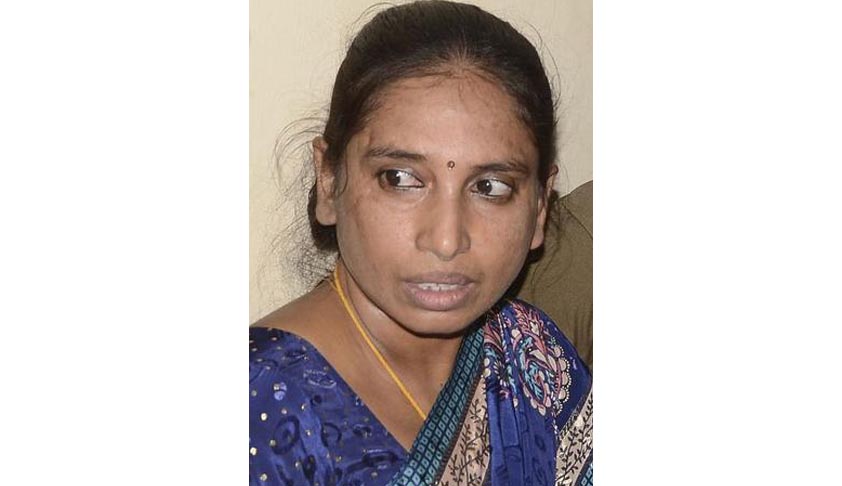Rajiv Gandhi assassination case: Convict Nalini approaches SC challenging the vires of S.435(1) Cr.P.C
Apoorva Mandhani
8 July 2014 5:19 PM IST

Next Story
8 July 2014 5:19 PM IST
Nalini Sriharan, one of the convicts in the Rajiv Gandhi assassination case undergoing life imprisonment, has knocked the doors of the apex court, in a bid to seek a verdict declaring Section 435(1) of the Criminal Procedure Code as “null and void”.This provision makes it mandatory for the State Government to consult the Centre before pre-mature release of a convict if the case...
